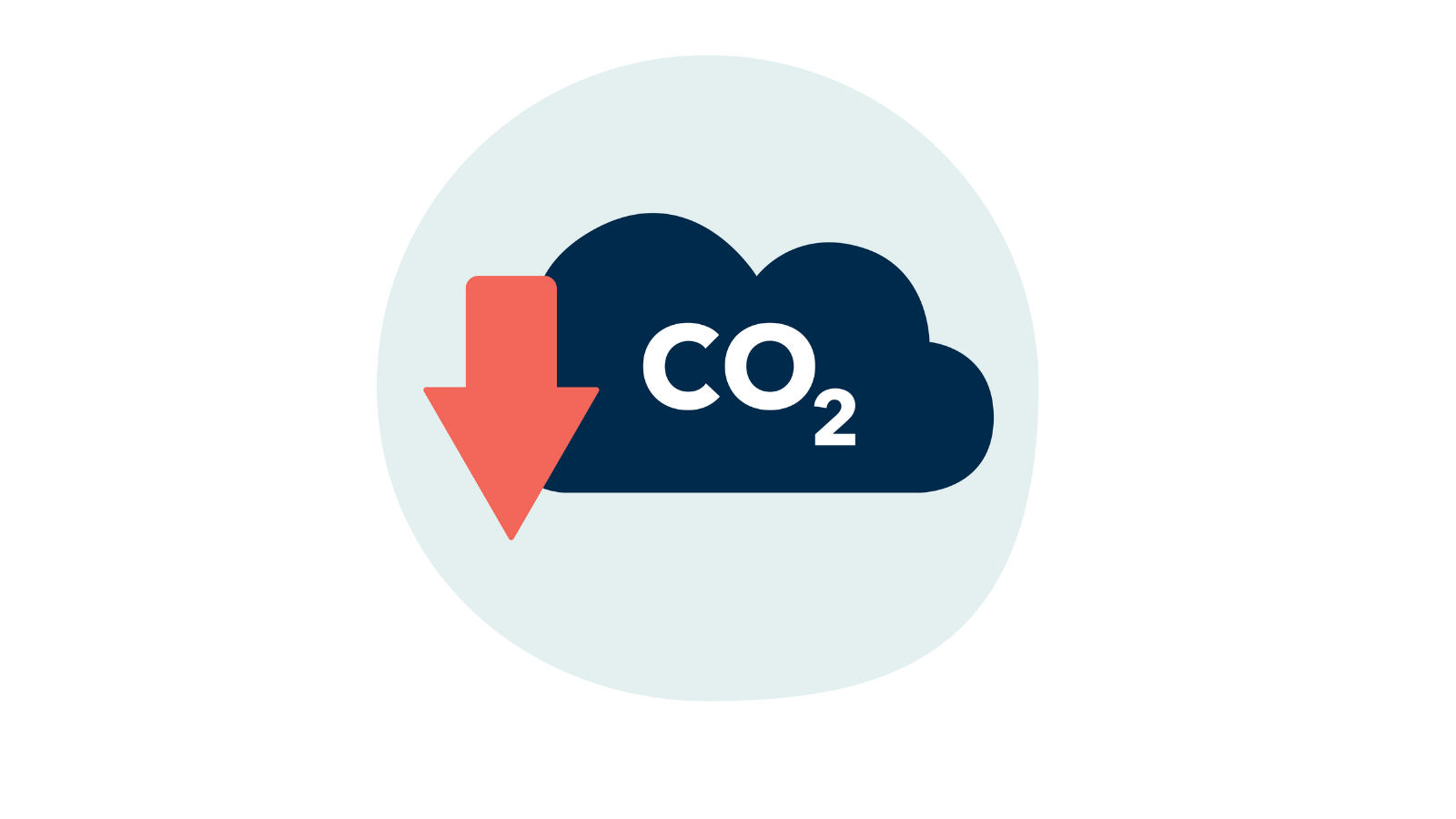Focus area
Carbon Accounting

Focus area
Carbon Accounting
How we measure and account for carbon and other greenhouse gas emissions, is the basis for how we track progress towards climate change mitigation efforts.
Carbon accounting typically includes two aspects: physical flows of carbon to and from the atmosphere, but also “non-emissions” which are measured or assumed changes in emissions relative to a historical or counterfactual baseline.
In short, carbon accounting focuses on emissions and removals on one side, and reduction and avoidance of emissions on the other.
Carbon accounting is more than just technical measurements, but also embodies how we think about responsibility and how we assign liability for climate action or failures to act.
In short:
- Carbon accounting is needed to correctly measure responsibility to act, not only to measure physical flows or carbon.
- Emissions, reductions, avoidance, and removals of greenhouse gases are fundamentally distinct activities that must be accounted for separately.
Global warming is affected by the total, physical quantity of greenhouse gases (GHGs) emitted to and removed from the atmosphere, regardless of where, how, or why those emissions and removals occur. Accurately measuring physical stocks and flows of greenhouse gases, for both natural and human-led processes, is necessary to understand how these activities result in changes in atmospheric greenhouse gas concentrations. This work is necessary to understand what needs to be done to stop GHGs concentrations increasing further.
Carbon accounting is an intermediary between physical carbon flows and our motivation to change those flows. While measurement of physical GHG stocks and flows is a fundamental component of carbon accounting, the goal is to quantify responsibility for emissions and the actions taken to reduce them. Such ownership of GHG emitting and reducing activities is used to incentivise activities that decrease emissions and increase removals, and to penalise activities that increase emissions and/or decrease removals.
The purpose of carbon accounting is to ensure an informed approach to assigning responsibility and generating accountability for emitting greenhouse gases.
Related focus areas
Publications related to focus area
All publicationsNews related to focus area
All news
The European Commission moves forward with CRCF Permanent Removals despite concerns from the Carbon Removal Expert Group
On the 10th of November 2025, the European Commission’s Carbon Removal Expert Group (CREG) met to review the latest draft methodologies under the Car...

Press Release – EU Ministers agree to 90% target for 2040 by watering down domestic climate action
Today, EU environment ministers agreed on a watered-down deal on the EU 2040 climate target and the 2035 NDC ...

Coalition for Higher Ambition calls on EU leaders to adopt ≥90% domestic emissions cuts by 2040
Ahead of the October European Council, the Coalition for Higher Ambition urges the EU to set a science-based 2040 target of at least 90% net domestic...

International NGOs Respond to Finnish and Swedish Prime Ministers on LULUCF
A coalition of over 50 international NGOs has urged the EU to reject Finland and Sweden’s proposal to weaken the LULUCF Regulation, warning it would jeopardise Europe’s climate goals and forest ecosystems. The groups call for a science-based, biodiversity-focused approach to forestry that strengthens carbon sinks, ends harmful subsidies, and ensures forests serve both people and the planet.
The people involved
Explore our focus areas
Subscribe to our newsletter
Get our latest news




























